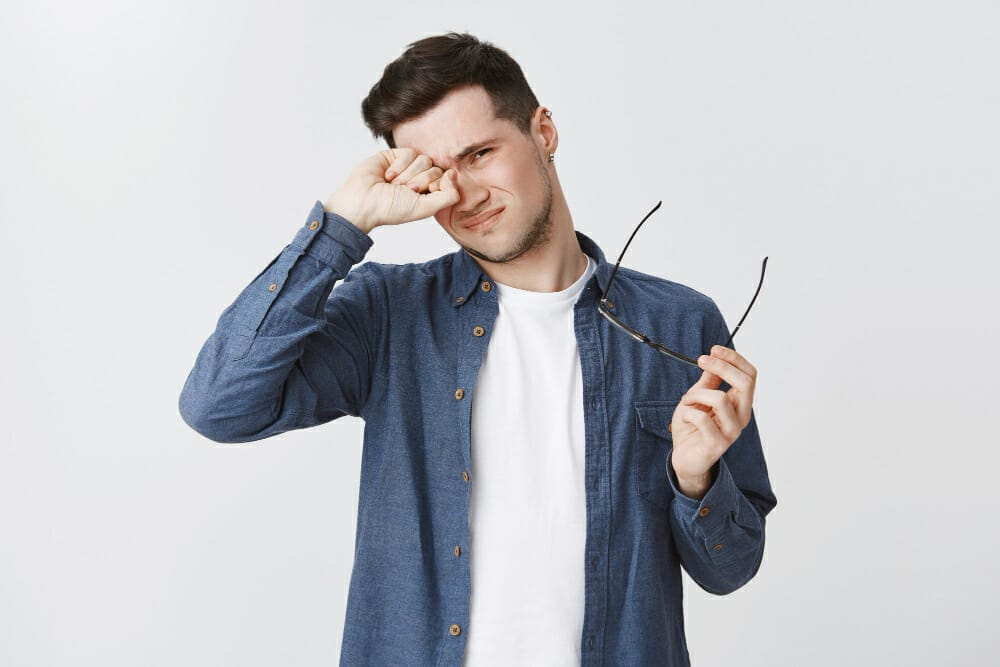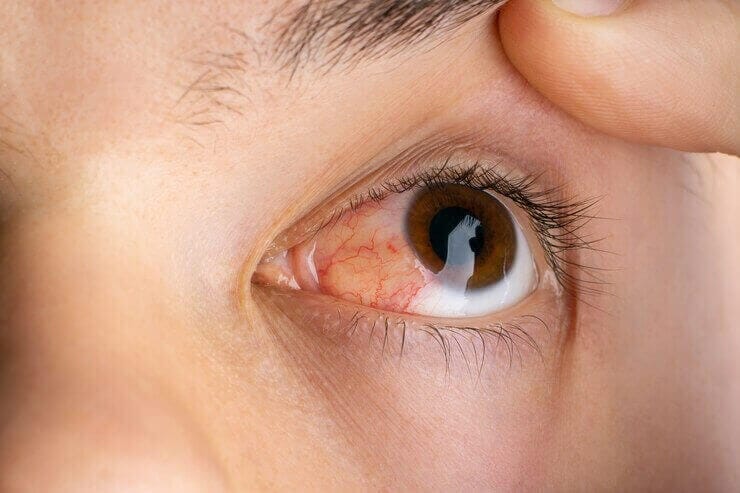Treatment Options for Heavy Eyes
If you've been dealing with heavy eyes, the good news is that various treatment options are available. The right approach will depend on the underlying cause of your symptoms. Here's a look at some of the most effective treatments that you may consider.
Lifestyle Changes
Proper Sleep
Lack of adequate sleep is one of the most common reasons for heavy eyes. Ensuring you get 7-8 hours of quality sleep can make a significant difference.
Screen Time Management
Reducing screen time can alleviate symptoms of eye strain and heaviness. Consider adopting the 20-20-20 rule: take a 20-second break to look at something 20 feet away every 20 minutes.
Medical Treatments
Lubricating Eye Drops
Artificial tears can provide instant relief for dry, heavy eyes. We discuss this in detail in our article about Eye Drops for Dry Eye .
Prescription Medication
For chronic or severe cases, prescription medication such as anti-inflammatory eye drops may be recommended.
Specialized EyeWear
Neuro Lens and Prism Lenses
For some patients specialized lenses that reduce heaviness and tension related to eye alignment can have incredible success.
Scleral Lenses
In some cases, especially when dealing with dry eye syndrome, scleral lenses can offer relief. Learn more about this treatment option in our article on Scleral Lenses for Dry Eye Syndrome.
Anti-Glare Lenses
Special lenses can be designed to reduce glare and eye strain, particularly useful for those who spend long hours in front of screens.
Computer Glasses
There are a variety of lenses that can improve comfort and vision in different use cases, your optometrist can assist you in determining if this is the right option for you.
Therapeutic Measures
Dry Eye Therapy
For patients with dry eye caused by clogged oil glands, in office heating and expression of the glands helps in opening clogged meibomian glands allowing for a healthy tear film, thereby reducing symptoms of dry eyes and associated heaviness.
Therapy and surgery
Some people experience heavy eyes due to muscle imbalances or nerve issues. In these cases a patient may require vision therapy, physical therapy, or surgery.
"The right treatment for heavy eyes depends on diagnosing the underlying issue. Once diagnosed, a multi-pronged approach is often the most effective."



















